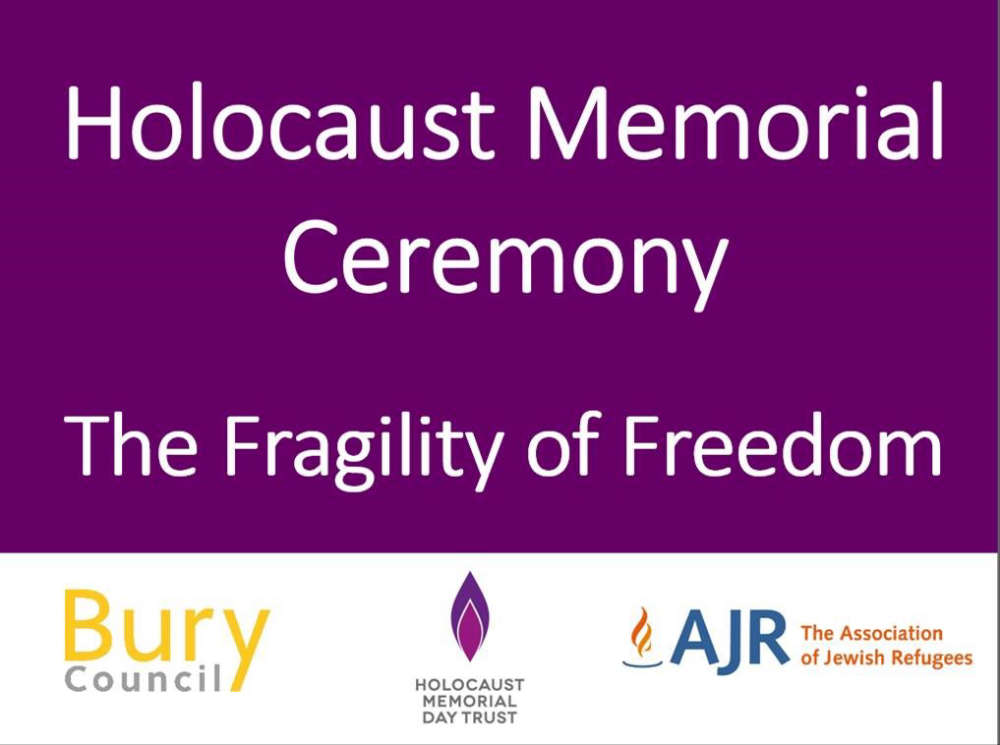
Young people, faith leaders and survivors joined together at a special Bury service to mark Holocaust Memorial Day.
The annual event, the 22nd of its kind in Bury, commemorates the victims of the Holocaust and other genocides and to hear from people who have lived through such atrocities.
This Saturday marks the anniversary of the liberation of Auschwitz-Birkenau, and is an occasion to remember the six million Jewish people killed in the Holocaust.
This year’s Holocaust Memorial Day has the theme ‘The Fragility of Freedom’, encouraging people to reflect on the subtle ways in which freedom can be eroded over time. The theme highlights the ways in which perpetrators target individuals, communities, and means of expression, to prevent challenge and dissent.
The Bury service, held last night at Bury Town Hall, was led by the Mayor of Bury, Cllr Sandra Walmsley.
The mayor said: “We have all been able to attend here tonight through personal freedoms, which through history have been taken away from ordinary people by others, whether that be the freedom of choice or expression, of movement, the freedom from fear and persecution. As we meet tonight we recognise that throughout the world not all communities are able to experience these freedoms.
“Freedom is fragile in nature. As such it is upon us to seek to protect, to nurture and to ensure the conditions do not exist to allow these freedoms to be eroded.”
Attendees heard first-hand testimony from Holocaust survivor Ike Alterman BEM. Memorial candles were lit, and dignitaries signed a statement of commitment, with music provided by Bury Music Service.
Readings and tributes were read by pupils from a number of Bury schools, including Unsworth, Woodhey, Elton, Derby, Elms Bank, Hazelwood and Bury Grammar.
The Bury Holocaust Memorial Day service can be viewed here: https://buryholocaustmemorialevent.vidius.co.uk/
Councillor Richard Gold, cabinet member for finance and communities, said: “Bury is home to people of all faiths and none, and we need to bring people together so we can learn about and understand each other better.
“It is essential that we remember atrocities like the Holocaust and other genocidal events, and remember those who suffered. But we must also learn from the stories we have heard today, and put into practice what we have learned into our own lives and our own communities, and make Bury a place where we all may live in peace.”


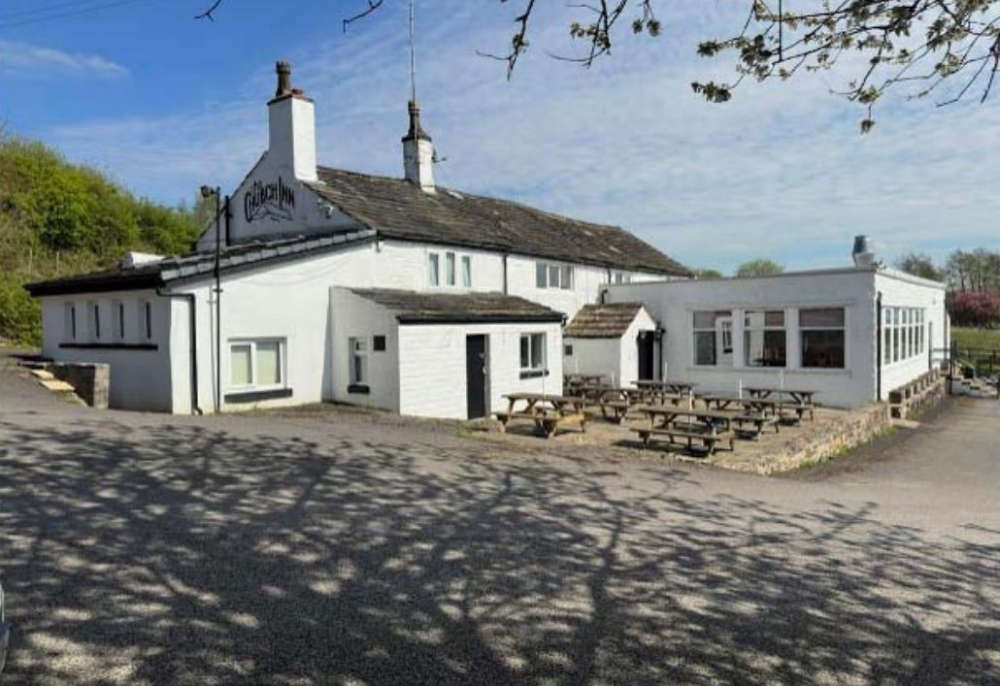 Plans for derelict pub sparks fears
Plans for derelict pub sparks fears
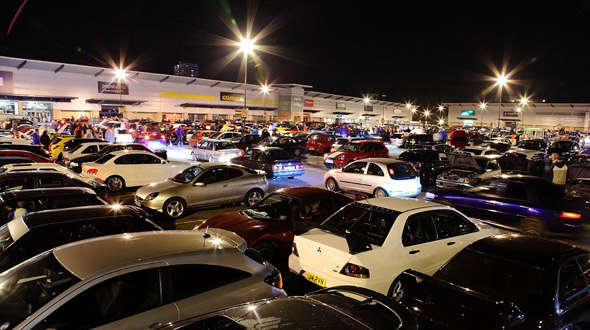 Police issue dispersal order across Greater Manchester to prevent dangerous car meets
Police issue dispersal order across Greater Manchester to prevent dangerous car meets
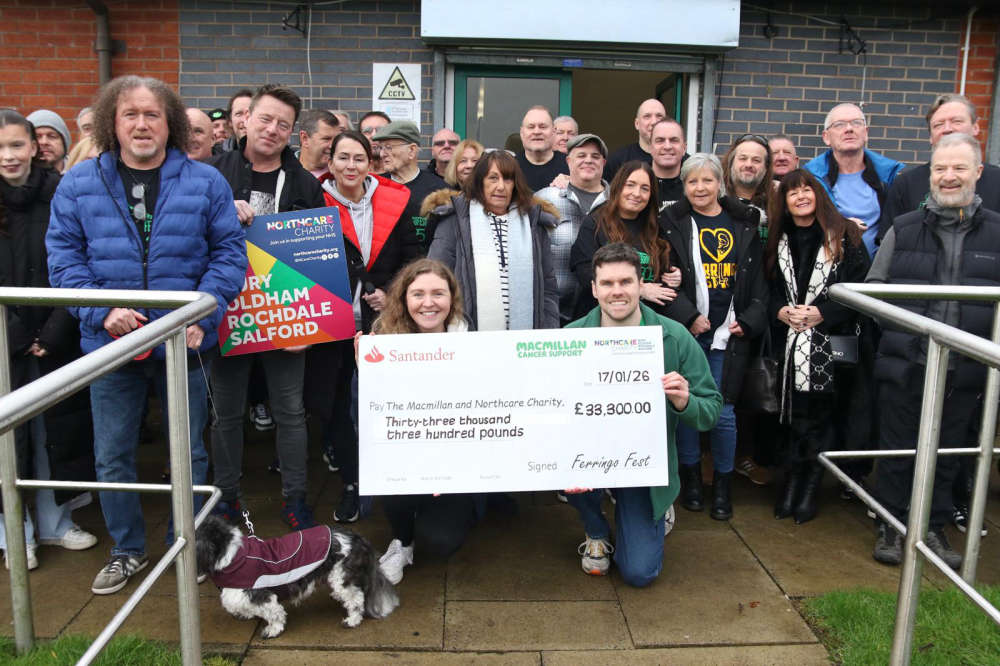 Ferringo Fest’s final show smashes target and honours Steve’s legacy
Ferringo Fest’s final show smashes target and honours Steve’s legacy
 Heywood takeaway lifts hygiene score from zero to four stars after inspection
Heywood takeaway lifts hygiene score from zero to four stars after inspection
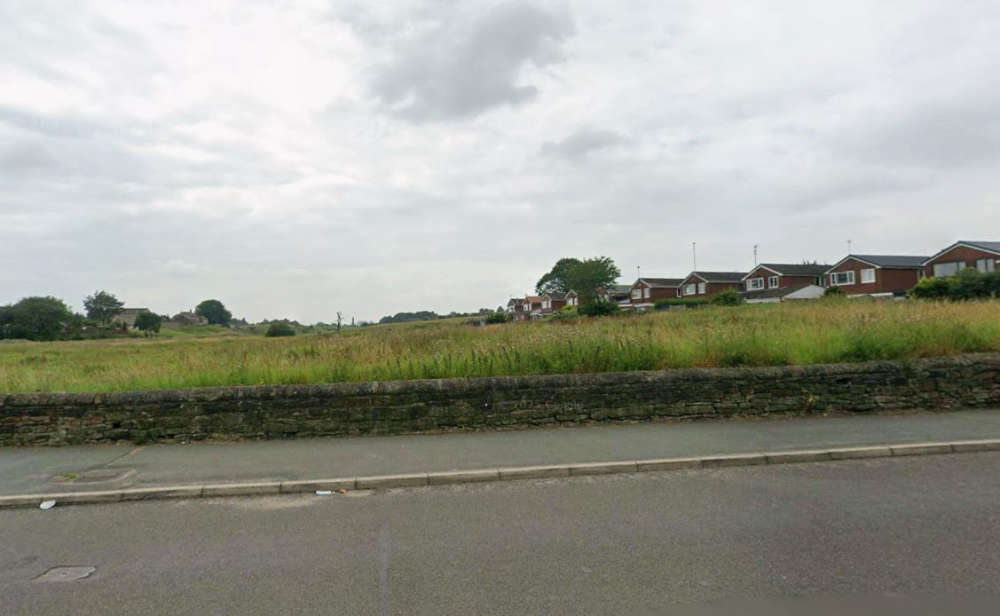 Crunch meeting to decide on 199-home development looms
Crunch meeting to decide on 199-home development looms
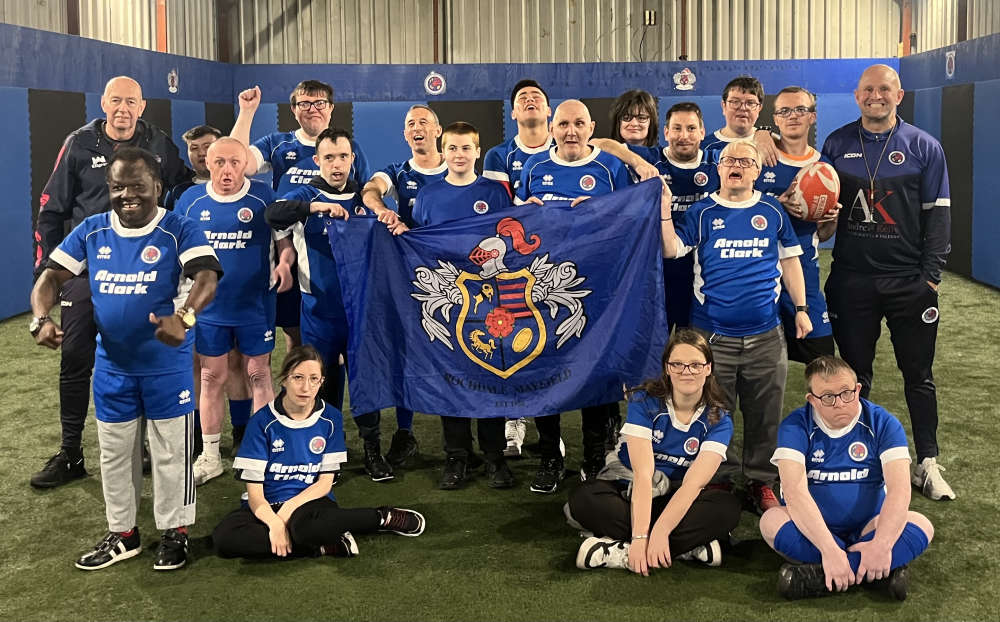 Inclusive rugby group at Rochdale Mayfield continues to grow with new players always welcome
Inclusive rugby group at Rochdale Mayfield continues to grow with new players always welcome
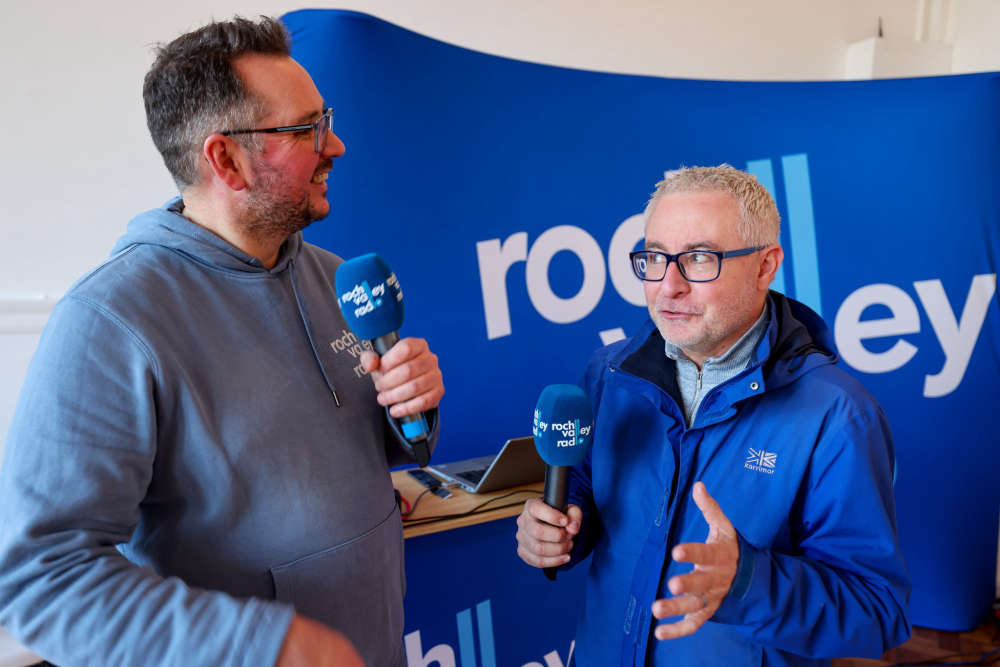 Roch Valley Radio awarded £20,000 National Lottery grant to boost community impact
Roch Valley Radio awarded £20,000 National Lottery grant to boost community impact
 Discount warehouse in Rochdale draws objections but set for approval
Discount warehouse in Rochdale draws objections but set for approval
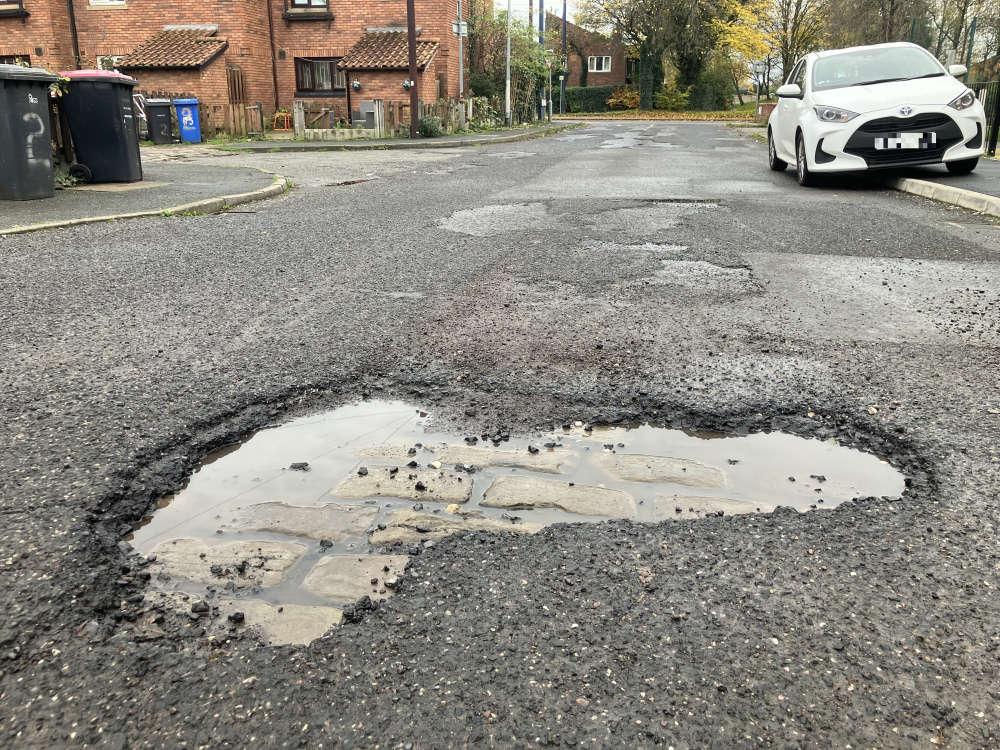 How each council ranked in dealing with potholes
How each council ranked in dealing with potholes
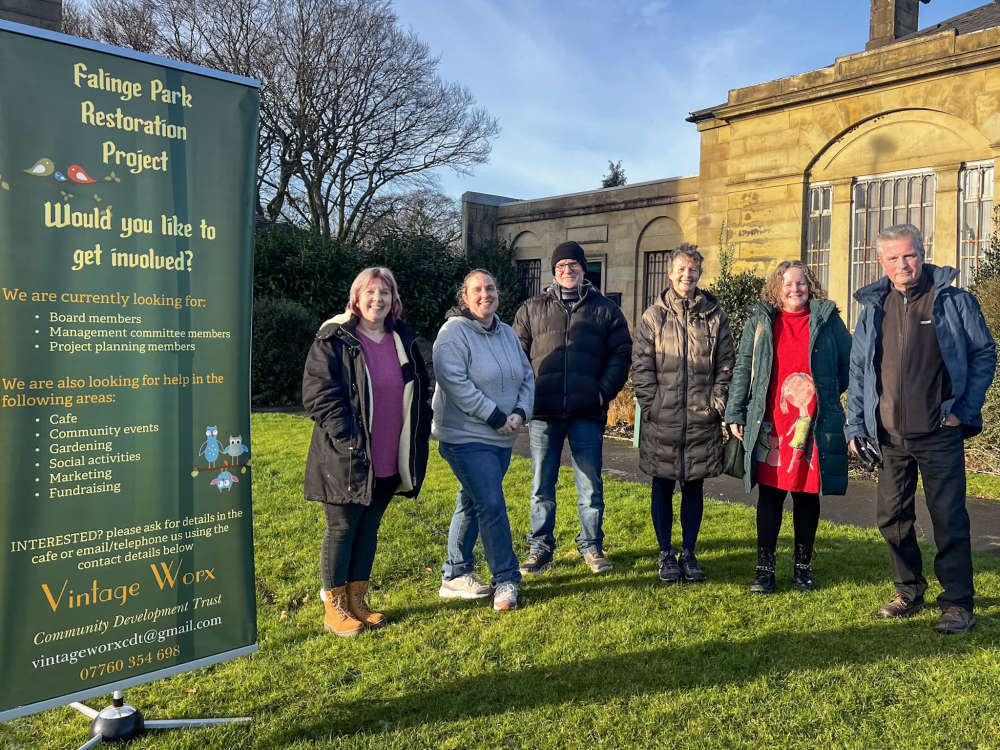 Vintage Worx shows how a grassroots group can lead real local change
Vintage Worx shows how a grassroots group can lead real local change
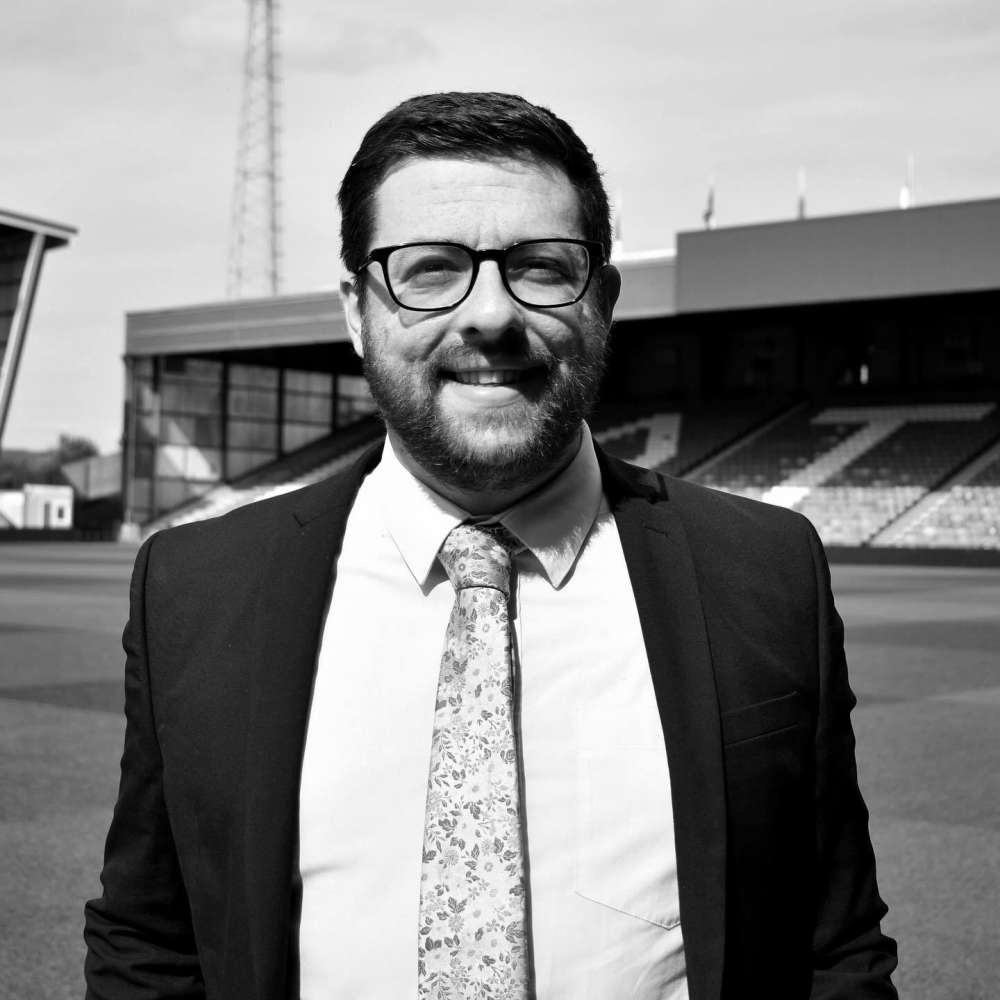 Tributes pour in for ‘deeply respected and passionate’ community football hero
Tributes pour in for ‘deeply respected and passionate’ community football hero
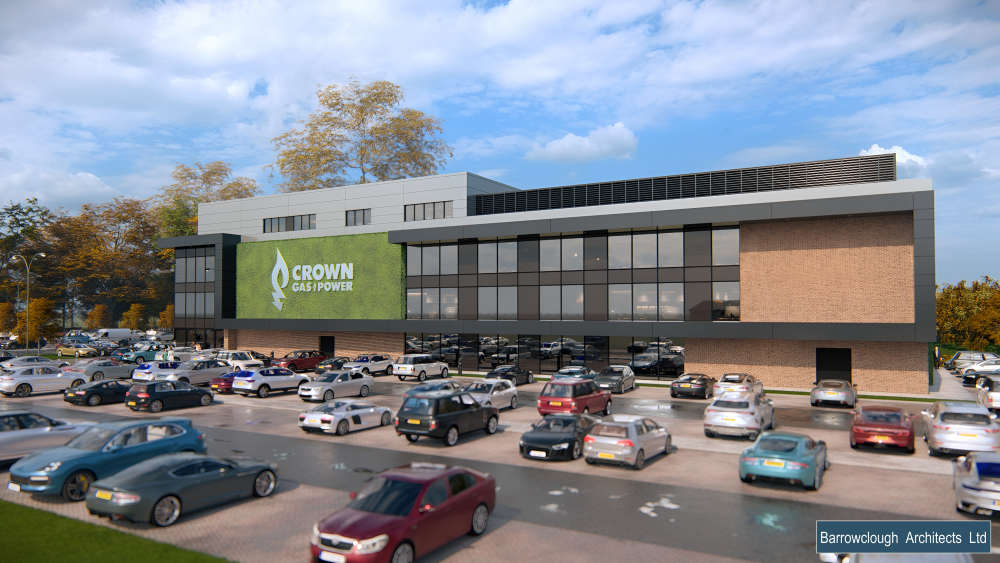 New offices near town centre could bring 250 jobs
New offices near town centre could bring 250 jobs




Comments
Add a comment